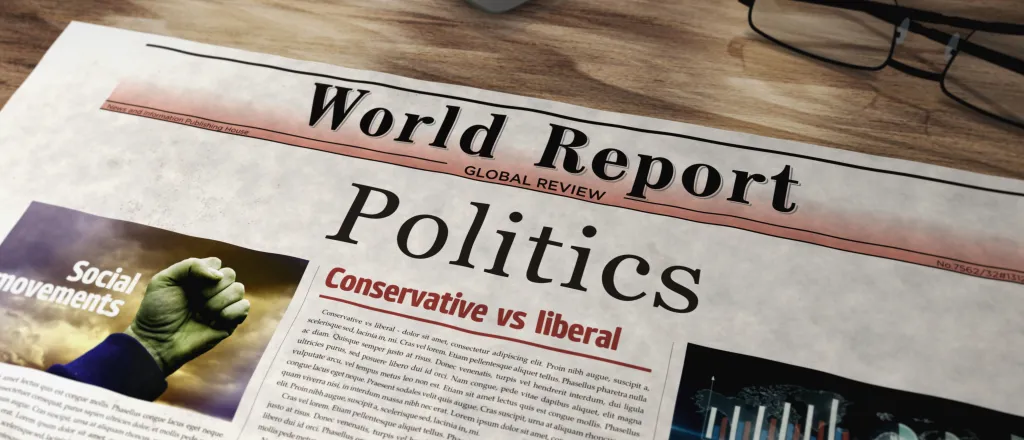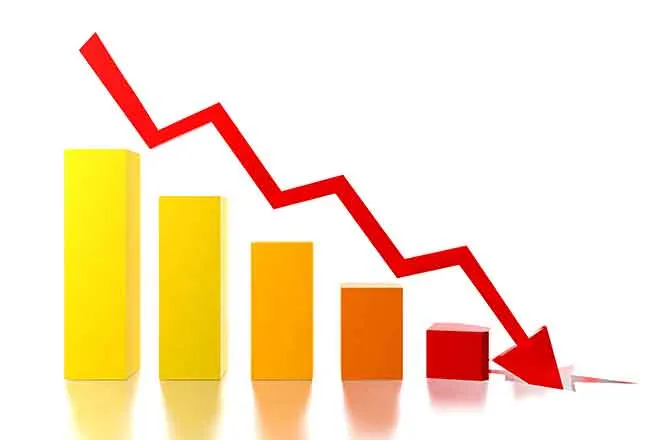
Politics: 2025Talks - June 6, 2025
© Arkadiusz Warguła - iStock-1890683226
Politics and views in the United States.
Musk's criticism of the big budget bill gets support from a new report. States face massive cuts to jobs and social programs, and Puerto Rico takes less damage from federal budget cuts due to its territorial status.
TRANSCRIPT
Welcome to 2025 Talks where we're following our democracy in historic times.
We obviously respect everything that Elon did with Doge.
On this particular issue, we have a difference of opinion.
Senate Majority Leader John Thune says new projections from a nonpartisan congressional budget office are guiding billionaire and former presidential advisor Elon Musk's criticism of the One Big Beautiful Bill Act.
CBO says the budget reconciliation would add almost $2.5 trillion to the debt over 10 years, mostly through extending tax breaks benefiting the wealthy.
Musk calls it an abomination and is now feuding with President Donald Trump on social media.
Democrats and some moderate Republicans are criticizing it for gutting safety net programs.
The Musk-Trump fight has gotten ugly.
Musk says the White House is refusing to release files about dead sex offender Jeffrey Epstein because Trump appears in them.
Trump is threatening to cancel federal contracts for Musk's companies.
The bill would cost states billions.
New York would lose more than $15 billion annually and see 1.5 million people kicked off of Medicaid, cuts that could hit hospitals hard.
The Fiscal Policy Institute estimates it would eliminate 215,000 jobs in the state, nearly 80,000 in health care, and more than 130,000 in other sectors.
Nathan Gustorf is with the Institute.
The act will also reduce federal funding for food stamps, or SNAP, a program that keeps 3 million low-income New Yorkers from going hungry.
But it requires state governments to fill in these spending gaps, which could cost New York State up to $2.1 billion annually.
One place somewhat spared would be Puerto Rico due to its territorial status.
Rather than getting funds based on need, the island gets a low level of fixed federal Medicaid support, which wouldn't change.
And George Loz Garcia with the Puerto Rico Statehood Council says they were concerned by cuts to nutrition assistance.
But he says in part because of not being a state, their safety net programs are much less generous.
"SNAP offers significantly lower benefit to people in Puerto Rico even if they have the same level or even higher levels of poverty than their fellow citizens stateside."
He says Puerto Rico's programs have long needed to do more on its high child poverty and worsening childhood nutrition rates.
The Affordable Care Act did increase the territory's Medicaid funding, but did not bring it in line with that of states.
Senate Minority Leader Chuck Schumer says he's worried about what he calls a sinister part of the bill.
A one-sentence provision could weaken U.S. judges' power to enforce contempt when government officials defy court orders.
Schumer says this isn't just a policy difference, but a direct assault on the separation of powers.
"This is an assault, an assault on the rule of law, an assault on the independence of the judiciary and on the very checks and balances that have defined this country since its inception."
He says Democrats will fight that provision, as well as numerous others, including cuts to American staples like PBS and NPR.
And some House Republicans may have buyer's remorse about legislation they passed by a single vote.
Close Trump ally, Georgia Republican Marjorie Taylor Greene, says she regrets voting for the bill due to a measure in it that would prevent states from regulating the use of artificial intelligence for a decade.
I'm Edwin J. Vieira for Pacifica Network and Public News Service.
Find our trust indicators at publicnewsservice.org.

















